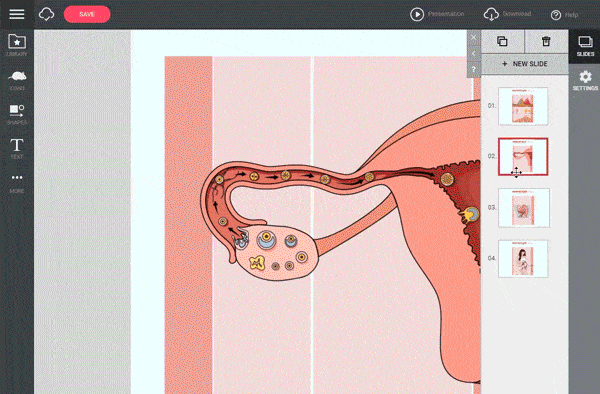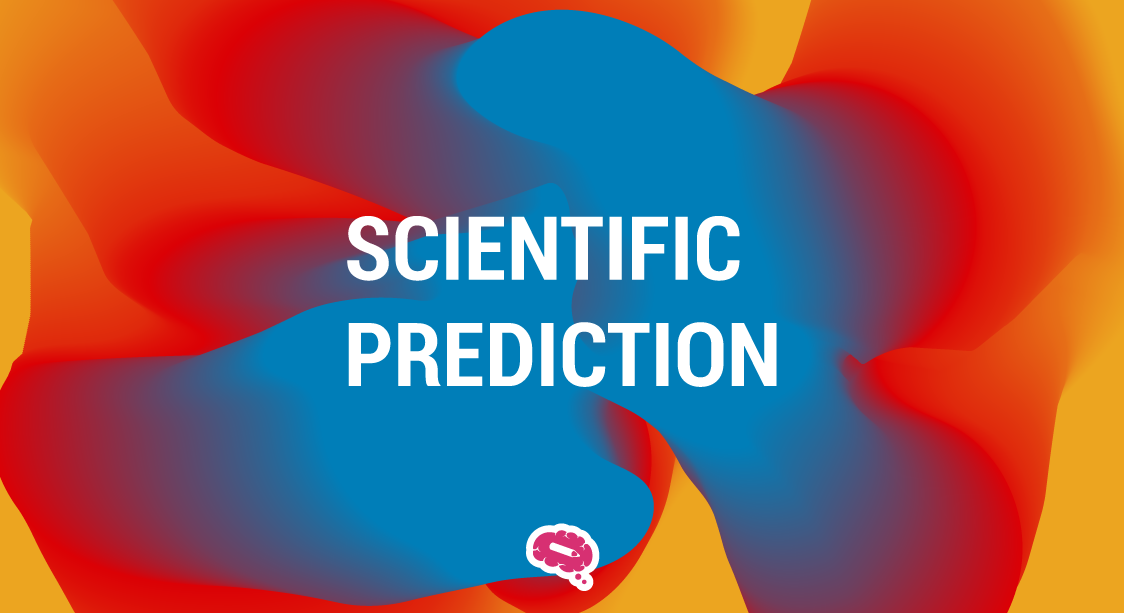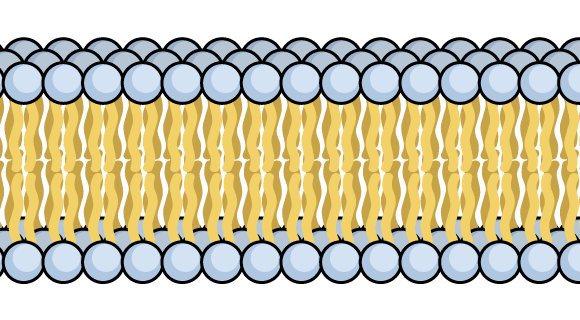Science is all about logic and results. As long as you see the result for a particular phenomenon, it won’t be considered valid. But, it is a time-consuming process and one has to wait for months to get the desired result and a lot can happen during that waiting period.
What if, in the field where only results matter, predictive guesses are done to achieve results much faster? Now, that might sound illegitimate, but it actually is quite usual. And this is called a scientific prediction. As the name suggests, here the predictions are made in order to get done with the research fast.
In this article, we are going to learn about this curious topic while giving answers to questions like how scientific prediction helps save tons of time. Is it really valid? Will it be trustworthy? and many more.
What is meant by Scientific Prediction?
A statement or hypothesis regarding a natural process or occurrence that is anticipated to happen in the future based on scientific theories and prior observations is referred to as a scientific prediction. It is a logical inference based on commonly used theories and empirical data that can be validated through additional research or careful observation.
To put it simply, predicting a particular event that is going to happen in the future with a predefined set of the same event that has occurred in the past is called scientific prediction. Making scientific predictions can help deepen our understanding of nature and help us make reasonable decisions based on facts. A scientific prediction should typically be supported by logical reasoning, established theories, and empirical data.
Is Hypothesis the same as Prediction?
Despite being closely related, a hypothesis and a prediction are not the same. A hypothesis is a plausible explanation or solution to a scientific observation or question that is based on presumptions or prior knowledge. It is a hunch that needs to be verified or disproven through additional research and experimentation. A prediction, on the other hand, is a specific statement or result that is anticipated to happen in the future based on the hypothesis and available information.
A prediction is essentially a testable consequence of a hypothesis. Therefore, a hypothesis comes first, followed by the prediction that is derived from it, and the prediction is then tested through experimentation or observation to confirm or refute the hypothesis.
How to Formulate a Scientific Prediction?
It is not easy to formulate a scientific prediction as it requires a thorough understanding of the subject and the environment in which it is happening because one wrong guess could cost a lot of lives. So, here are a few steps that might help you understand scientific prediction and how to formulate one:
- Determine the phenomenon
To begin with, decide which natural system or phenomenon you want to predict. Your observations, prior knowledge, or scientific literature may all be the basis for this. Make sure that the selected phenomena are your forte and start developing a hypothesis.
- Develop Hypothesis
Develop a testable hypothesis that explains how or why the phenomenon occurs based on your understanding of it. Your hypothesis should be specific, measurable, and should be based on scientific principles and prior knowledge. You can ask the help of your predecessors to get done with this accurately.
- Make a prediction
From your hypothesis, make a specific prediction or series of predictions that express what you anticipate will happen if the hypothesis turns out to be right. Your prediction should be testable through experimentation or observation and should be supported by logical reasoning.
- Test your Prediction
Perform experiments or observations to verify your prediction. Your test’s objective should be to confirm or disconfirm your hypothesis and prediction.
- Analyze the results
Analyze the results of your test to determine if your prediction was accurate. If your prediction was supported by the evidence, you can conclude that your hypothesis is likely to be true. If your prediction was not supported, you may need to revise your hypothesis and prediction and conduct further tests.
Examples of Scientific Prediction
Prediction happens in almost every field of science and of those, the major ones which people follow to this day are:
- Astronomy: Predicting the location and occurrence of a solar eclipse based on the movement and position of the Moon and Earth.
- Psychology: Predicting that individuals who receive positive feedback will have higher self-esteem than those who receive negative feedback, based on previous research and theory.
- Climate Science: Predicting the increase in global temperatures and sea levels due to human-caused emissions of greenhouse gasses.
- Physics: Predicting the path of a projectile, based on its initial velocity, angle of launch, and air resistance.
- Ecology: Predicting the impact of habitat fragmentation on biodiversity loss, based on the area of fragmented habitat and species distribution.
- Chemistry: Predicting the outcome of a chemical reaction, based on the reactants and reaction conditions.
- Geology: Predicting the location and magnitude of an earthquake, based on the historical seismic activity and fault lines in a region.
- Biology: Predicting the effect of a drug on a patient, based on the drug’s chemical structure and biological mechanisms of action.
Scientific prediction allows us to make precise forecasts, improve our knowledge of natural phenomena and systems, and create solutions to challenging issues. As scientific knowledge continues to evolve, the ability to make accurate predictions based on scientific principles will become increasingly important for addressing the challenges facing our world.
Don’t want to start your infographic from scratch?
Well, we understand your pain. As a scientist, it’s not easy for you to draft your research and make the infographics all by yourself. So here we are with a helping hand. With Mind the Graph, we help you design a personalized infographic, all from scratch that aligns with your topic. Sign up now to get your infographic ready.


Subscribe to our newsletter
Exclusive high quality content about effective visual
communication in science.





